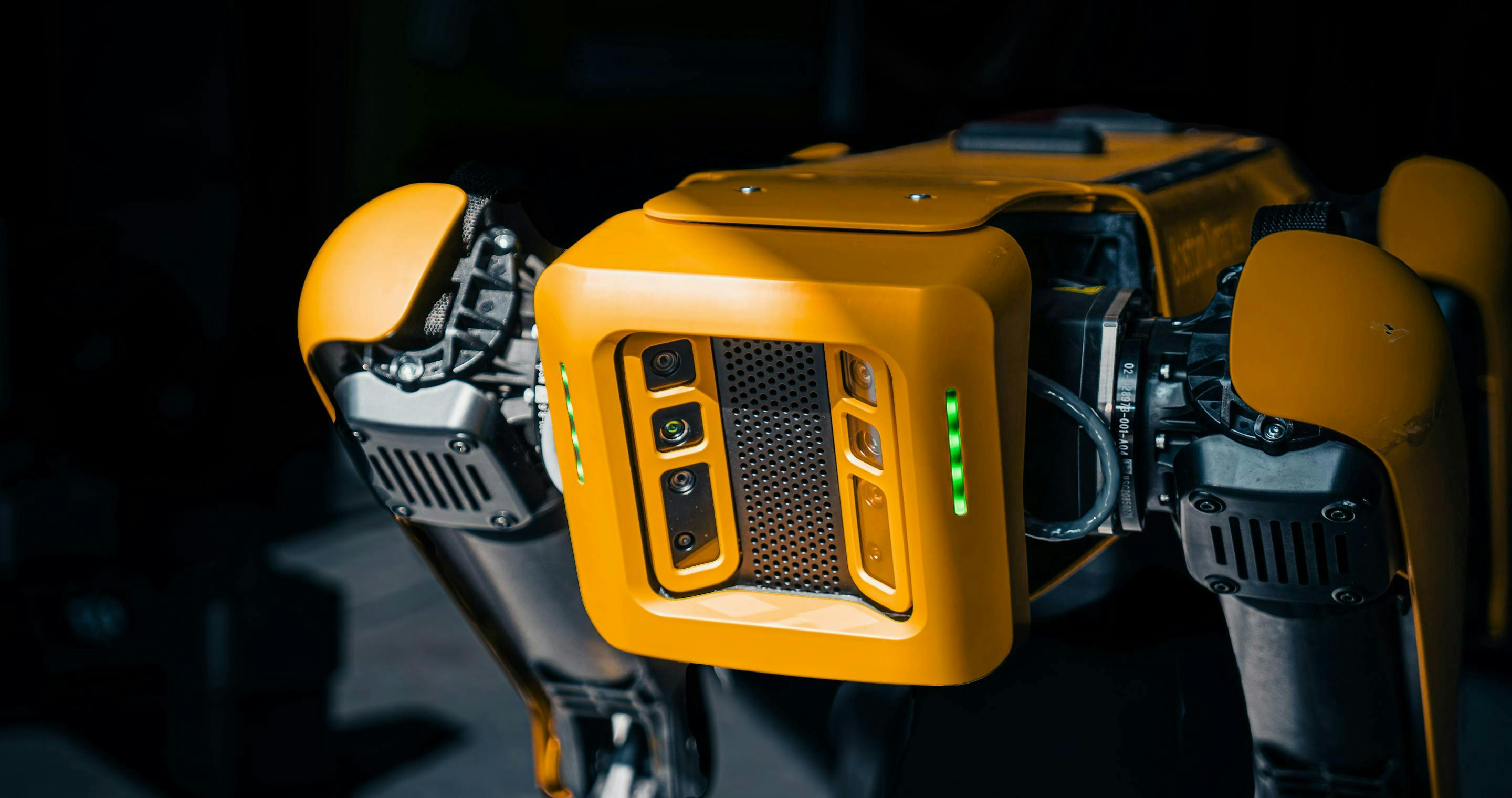The AI Revolution: A New Era Beckons
2023-12-28
Riangle TeamArtificial Intelligence (AI) is no longer a concept confined to the realm of science fiction. It’s here, and it’s transforming the world as we know it. From self-driving cars to voice-activated assistants, AI is revolutionizing various industries, promising a future where machines can learn, reason, and interact with humans in a way that was once unimaginable.

Artificial Intelligence (AI) is no longer a concept confined to the realm of science fiction. It’s here, and it’s transforming the world as we know it. From self-driving cars to voice-activated assistants, AI is revolutionizing various industries, promising a future where machines can learn, reason, and interact with humans in a way that was once unimaginable.
The Dawn of AI
AI’s roots can be traced back to the mid-20th century when British mathematician and logician Alan Turing proposed the idea of machines that could mimic human intelligence. Fast forward to the 21st century, and AI has evolved from a theoretical concept to a practical tool with real-world applications.
AI in Everyday Life
Today, AI is everywhere. It’s in our smartphones, powering virtual assistants like Siri and Alexa. It’s in our homes, with smart devices automating everything from lighting to temperature control. It’s even in our healthcare systems, where AI algorithms can predict disease outbreaks and assist in diagnosing illnesses.
The Future of AI
As we look to the future, the potential of AI is staggering. Imagine a world where AI-powered robots perform complex surgeries, where AI systems predict natural disasters with pinpoint accuracy, or where AI tutors provide personalized education to students around the globe. These scenarios may seem far-fetched, but they’re closer to reality than you might think.
The Challenges Ahead
Despite its potential, the AI revolution also brings challenges. Issues such as data privacy, job displacement, and the ethical implications of AI decision-making are hot topics of debate. As we embrace the benefits of AI, we must also navigate these challenges to ensure a future where AI serves humanity, not the other way around.
Conclusion
The AI revolution is here, and it’s changing the world in ways we’re only beginning to understand. As we stand on the brink of this new era, one thing is clear: AI is not just a technological revolution. It’s a societal one, promising to reshape our world in ways we can’t yet fully comprehend. As we journey into this brave new world, let’s ensure that we harness the power of AI to create a future that benefits us all.